
Don’t Ignore These 5 Life-Saving Health Checks—They Could Detect Cancer Before It’s Too Late
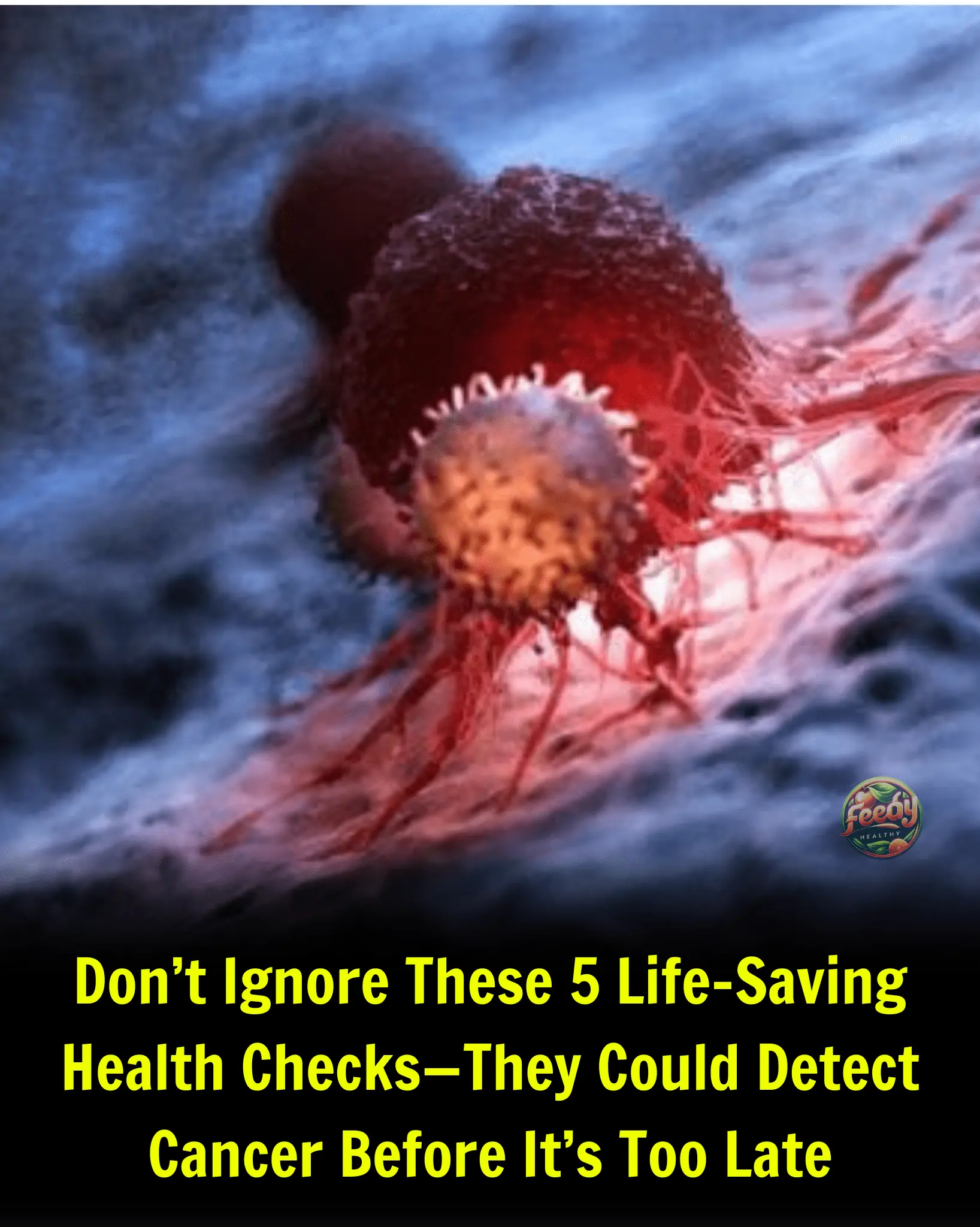
I had a neighbor in my building—45 years old and in the prime of his life. One day, my wife came home visibly shocked. She told me our neighbor had just been diagnosed with colorectal cancer.
He had been experiencing rectal bleeding and abdominal pain for a while, and when the symptoms didn’t improve, he finally decided to get a colonoscopy. That’s when the cancer was discovered.
What shocked us the most was that he had always been conscious of his health. His workplace even conducted annual health checkups. Just six months before his diagnosis, he had completed a full health screening, including an abdominal ultrasound. Since the ultrasound showed no issues, he assumed everything was fine—until it wasn’t.
This story is far more common than you think.
Why Do So Many Cancer Cases Go Undetected Despite Regular Checkups?
Between 2017 and 2021, the number of people undergoing routine health checkups in our country increased from 406 million to 488 million. Yet cancer rates didn’t go down—they went up.
The truth is sobering: many cancers are simply not detectable through routine screenings. And by the time symptoms appear or a diagnosis is made, the cancer has often progressed significantly.
Cancer Doesn’t Appear Overnight—It’s Just Diagnosed That Way
The reality is that cancer may have been growing in your body long before it's discovered. Many routine health checkups consist of basic screenings—blood pressure, urine tests, abdominal ultrasounds, EKGs—that are not designed to detect early-stage cancer.
Some tests, like a chest X-ray, might miss small or early-stage tumors altogether. For instance, a low-dose spiral CT scan is far more effective in detecting early lung cancer, being 4–6 times more sensitive than a chest X-ray.
The 5 Essential Tests That Could Save Your Life
If you’re skipping these, your checkup may not be as effective as you think.
1. Low-Dose Spiral CT Scan (Lung Cancer Detection)
Lung cancer remains one of the most common and deadly cancers. While chest X-rays are cheaper, they often miss early-stage tumors. Low-dose spiral CT scans are quick, non-invasive, and far more accurate. People over 50, especially with a family history of lung cancer, should prioritize this test.
2. Gastroscopy (Stomach Cancer Screening)
Blood tests, ultrasounds, or CT scans cannot reliably detect early-stage stomach cancer. Gastroscopy (an endoscopic procedure) is the gold standard—it can reveal precancerous lesions, ulcers, and even small polyps that can be removed on the spot.
3. Colonoscopy (Colorectal Cancer Screening)
Colonoscopy is essential for anyone over 45. It is the most effective way to detect colorectal cancer early. Alternatives like fecal tests or capsule endoscopy may help, but they’re no substitute. Current guidelines recommend a colonoscopy every 10 years and an annual fecal occult blood test.
4. Mammography or Breast Ultrasound (Breast Cancer Screening)
Breast cancer is now one of the most diagnosed cancers globally—especially among younger women. Women over 30 should consider regular mammograms or breast ultrasounds. Early detection significantly improves survival rates.
5. Alpha-Fetoprotein Test (AFP) – For Liver Cancer
AFP is a blood test that detects primary liver cancer. Elevated AFP levels are often an early warning sign. Those at high risk (such as people with hepatitis or a family history of liver cancer) should get this test every six months, ideally combined with a liver ultrasound.
Final Thoughts: A Checkup Alone Isn’t Enough
Many people wrongly assume that a “normal” checkup means they’re in perfect health. But unless it includes targeted cancer screenings, you're likely missing the full picture.
Don’t wait for symptoms. Don’t rely on basic screenings. Be proactive, ask your doctor about the tests above, and make sure your health checkup is truly comprehensive.
Your life could depend on it.
News in the same category


"A Natural Doctor Sent by God Replaced My Pills with This Drink – And My Diabetes, Poor Circulation, Cholesterol, High Blood Pressure, and Swollen Legs Vanished!"

Never store your cooked rice without knowing this
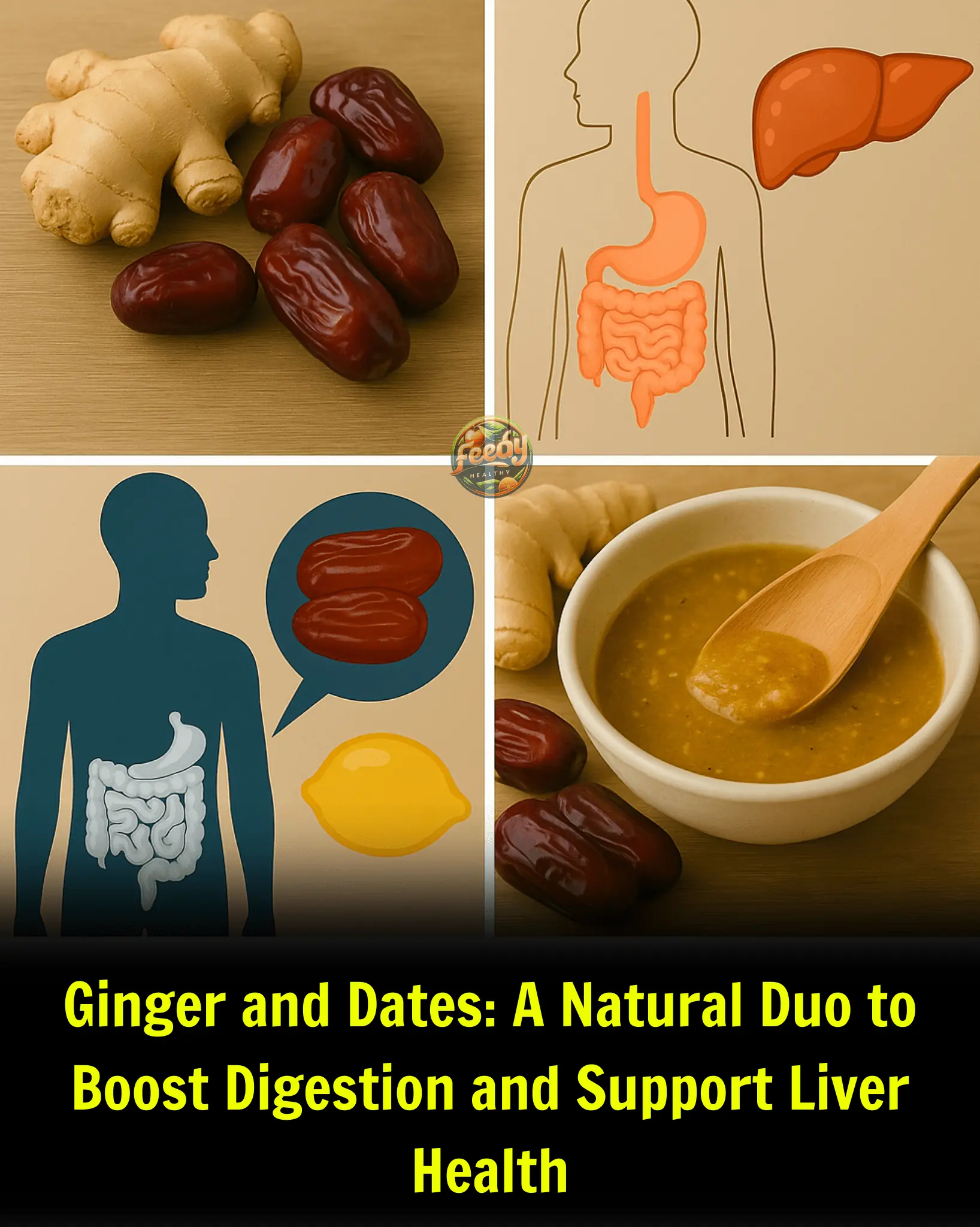
Enhancing Digestion and Liver Health with Ginger and Dates

Should You Drink Water On An Empty Stomach When You Wake Up In The Morning?

Cleanse Your Liver and Veins Naturally in 3 Days!
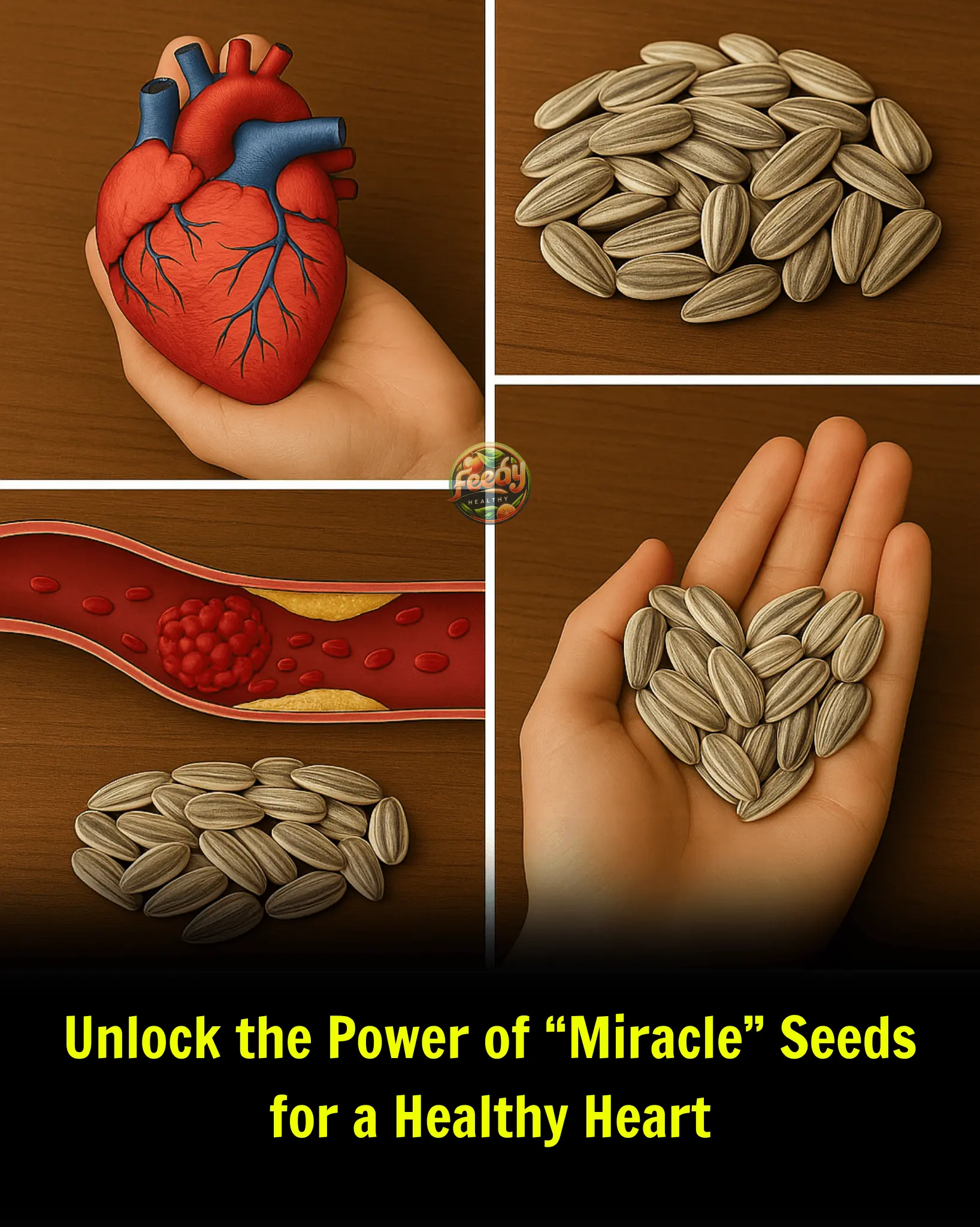
Discover the Power of Miracle Seeds for Heart Health

The Natural Remedy Big Pharma Didn’t Want Dr. Frank Suárez to Reveal — A Powerful Formula for Cancer, Diabetes, High Blood Pressure, Cholesterol, and Heart Attack Prevention

🌿 The Natural Drink That Transformed My Dad’s Life — A Doctor's Recommendation
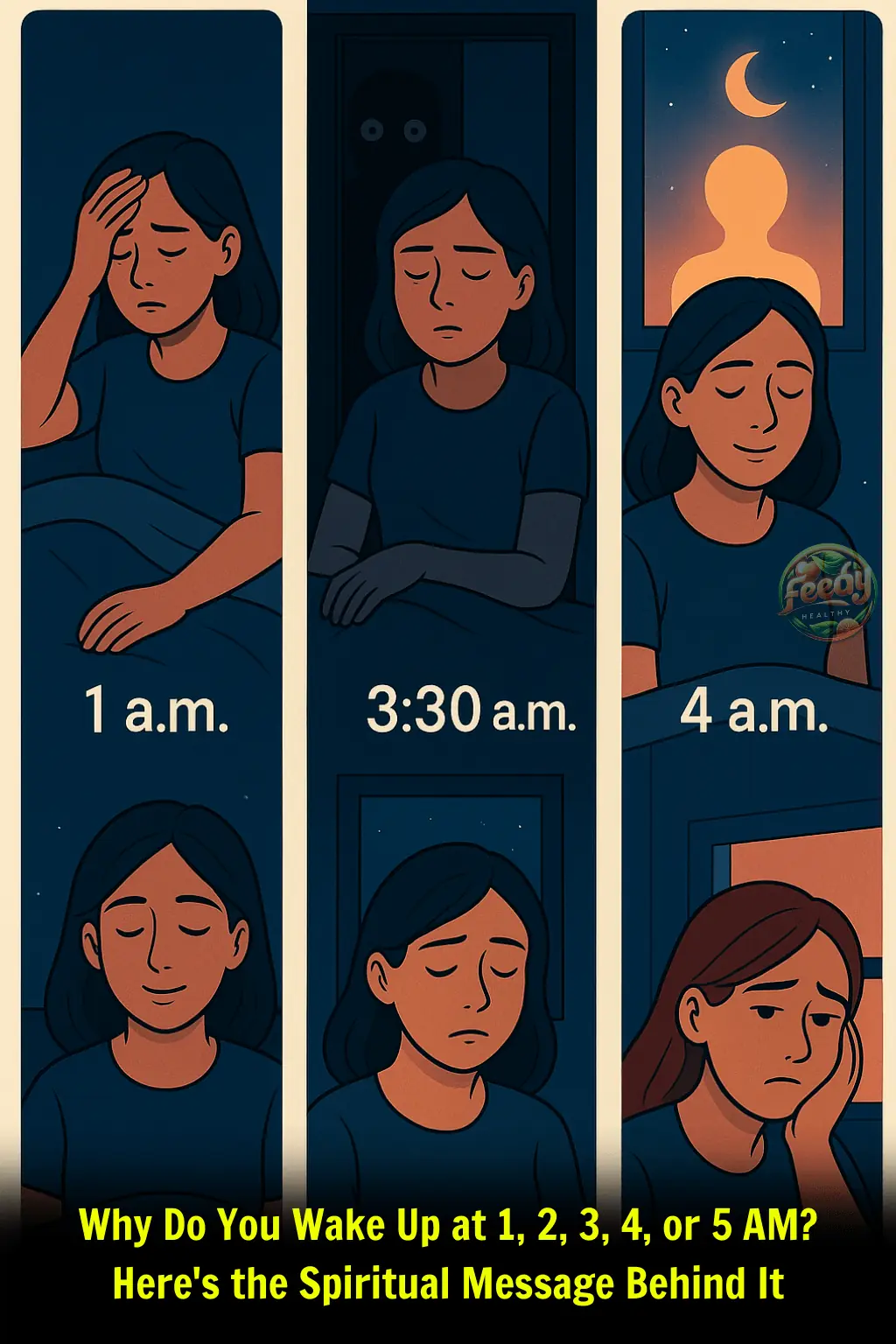
Why Do You Wake Up at 1, 2, 3, 4, or 5 AM? Here's the Spiritual Message Behind It
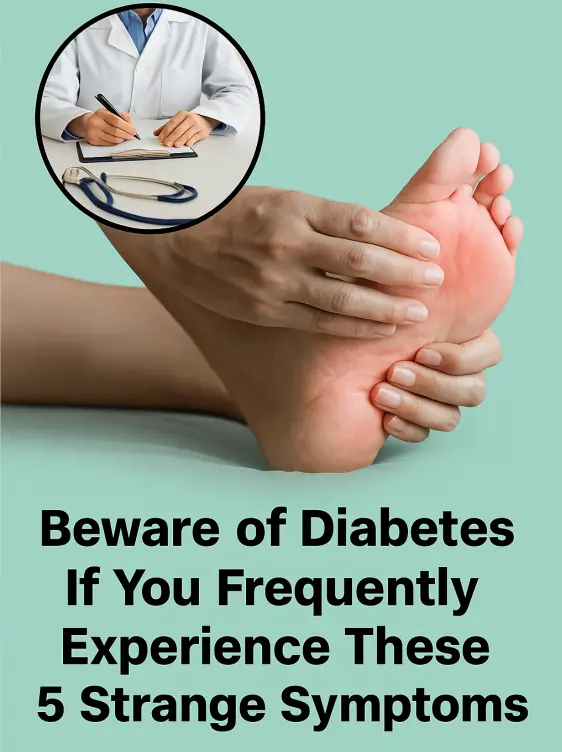
Early signs of diabetes many fail to notice

The Drink That Lowers Triglycerides, Reduces Blood Sugar, and Deflates the Belly

This Natural Drink Transformed My Mother’s Health After 30 Years
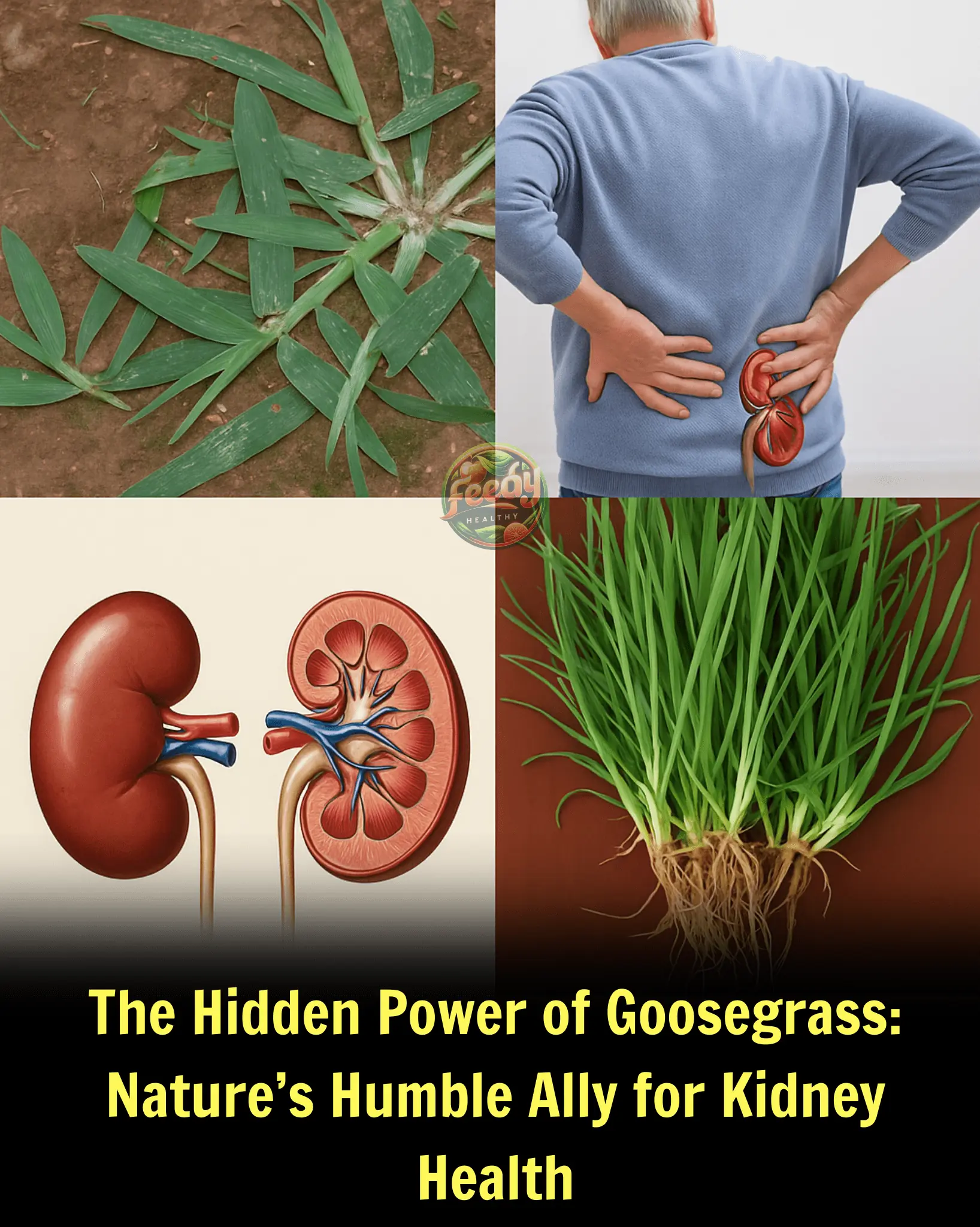
The Hidden Power of Goosegrass: The Unpretentious Wonder of Nature…
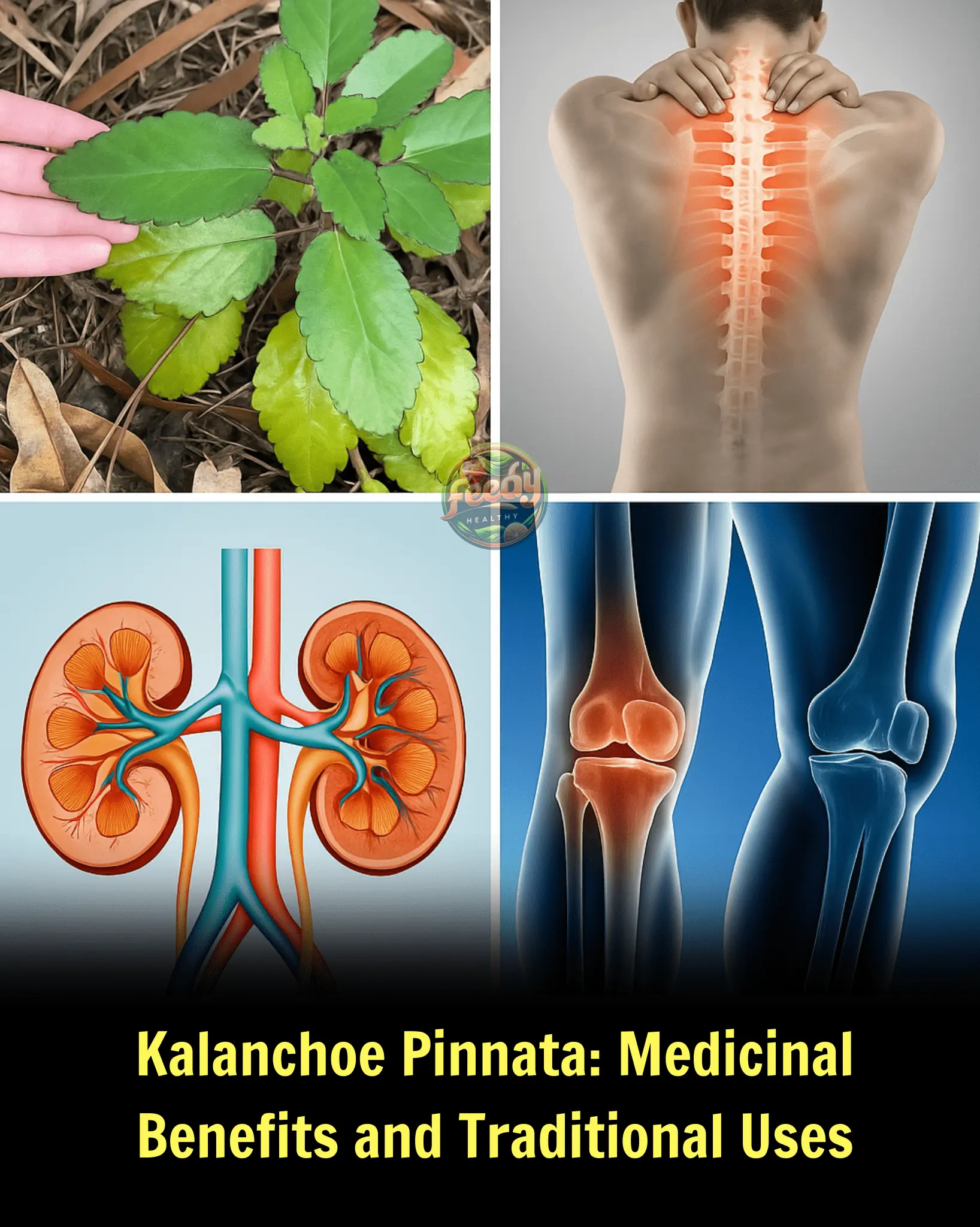
Kalanchoe Pinnata: Medicinal Benefits and Traditional Uses
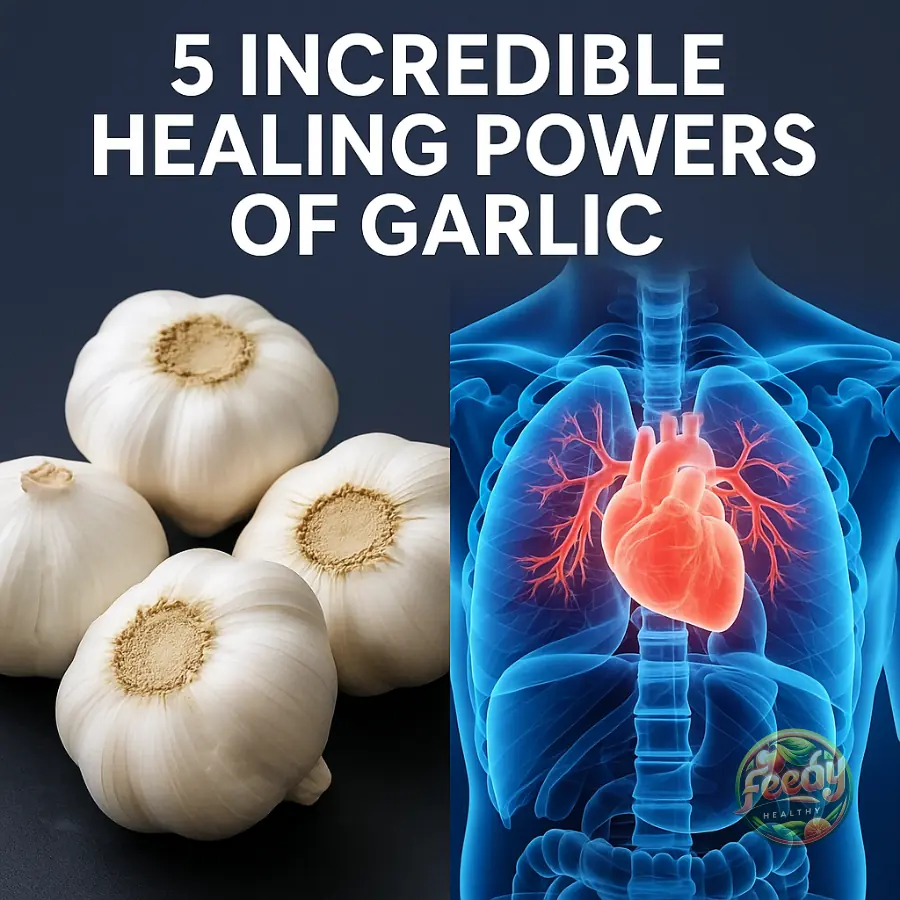
5 Miracle Cures of Garlic That Will Surprise You 🧄 | Incredible Health Benefits of Garlic
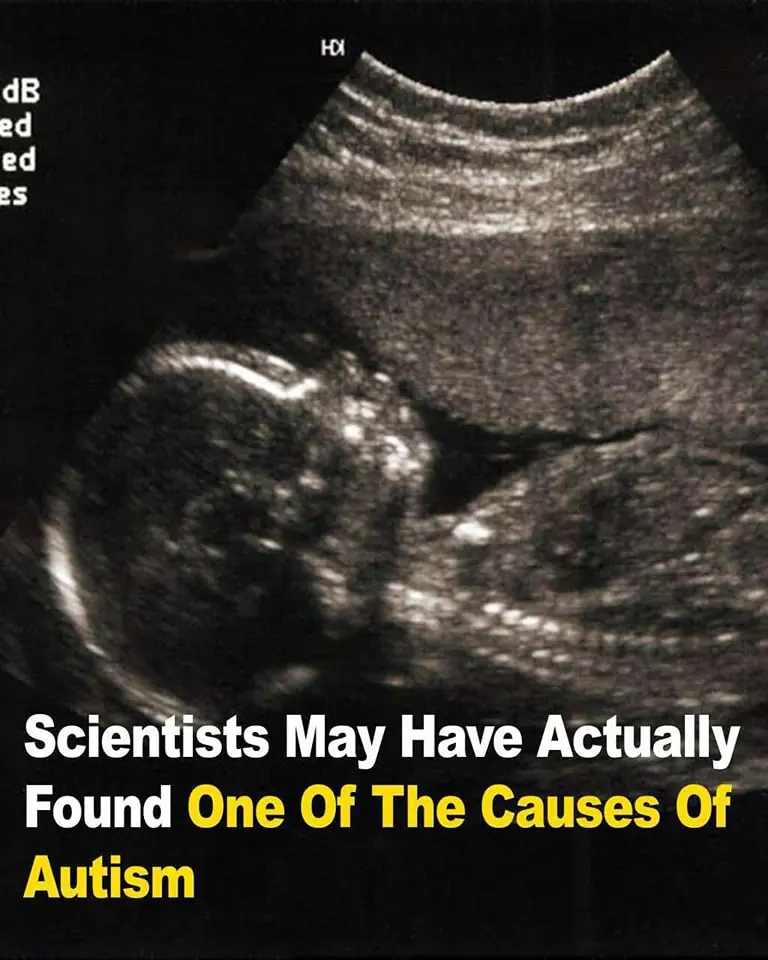
Scientists May Have Actually Found One Of The Causes Of Autism
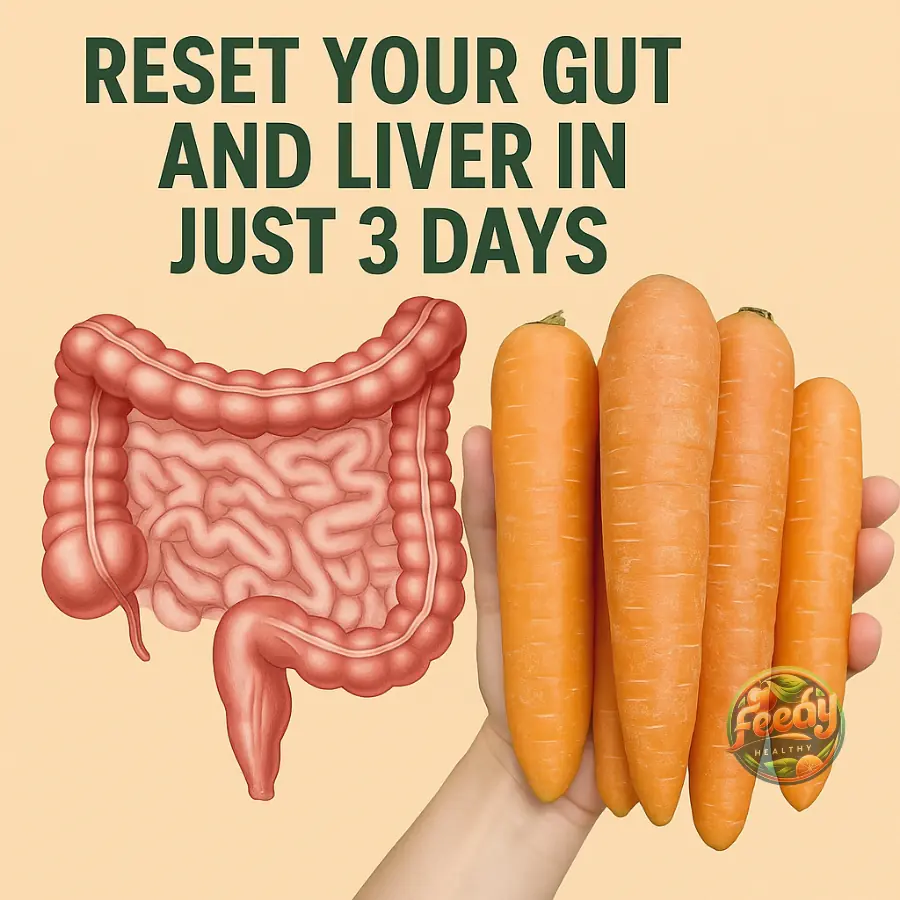
Intestines and Liver Like New in Just 3 Days!The Carrot Cleanse That Gently Flushes It All Out

The Natural Drink Recommended by Dr. Frank Suárez to Support Blood Pressure, Fatty Liver, Diabetes, and Circulation – No Pills Needed! 🌿💧
News Post

The Powerful Avocado Seed, Cinnamon & Turmeric Tea: Health in Every Sip
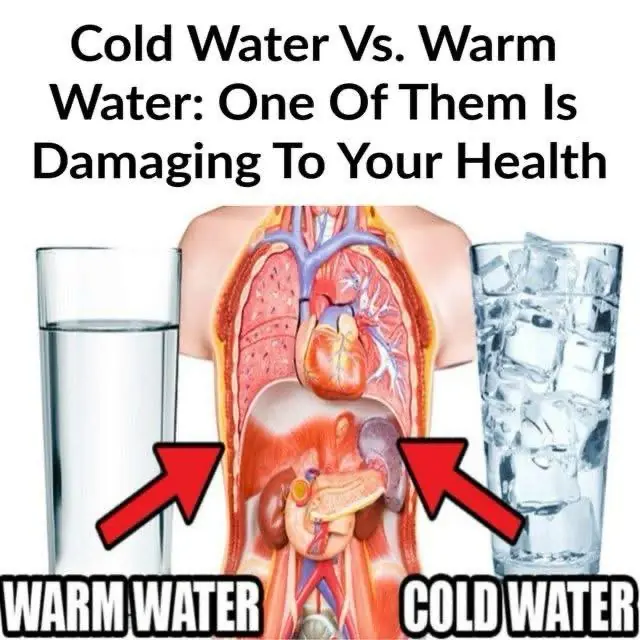
10 Benefits to Drinking Warm Water (No Lemon Required)

"A Natural Doctor Sent by God Replaced My Pills with This Drink – And My Diabetes, Poor Circulation, Cholesterol, High Blood Pressure, and Swollen Legs Vanished!"

Vitamin E Aloevera Cream, A Natural Botox For Your Skin

Never store your cooked rice without knowing this

Enhancing Digestion and Liver Health with Ginger and Dates

Apply This Flaxseed Gel Daily to Get Rid of Wrinkles Naturally

Should You Drink Water On An Empty Stomach When You Wake Up In The Morning?

4-week-old kitten left behind in house fire survives, only to face death once again

Albino elephant calf rescued after being trapped in snare for four days

5 Reasons Why Some Men Prefer Slim Women

HomeCategoriesPopularAmazingAbout Us Search Get in Touch Amazing While I was away, my neighbors painted my house a different color and it made me furious – Here’s how I took revenge

Cleanse Your Liver and Veins Naturally in 3 Days!
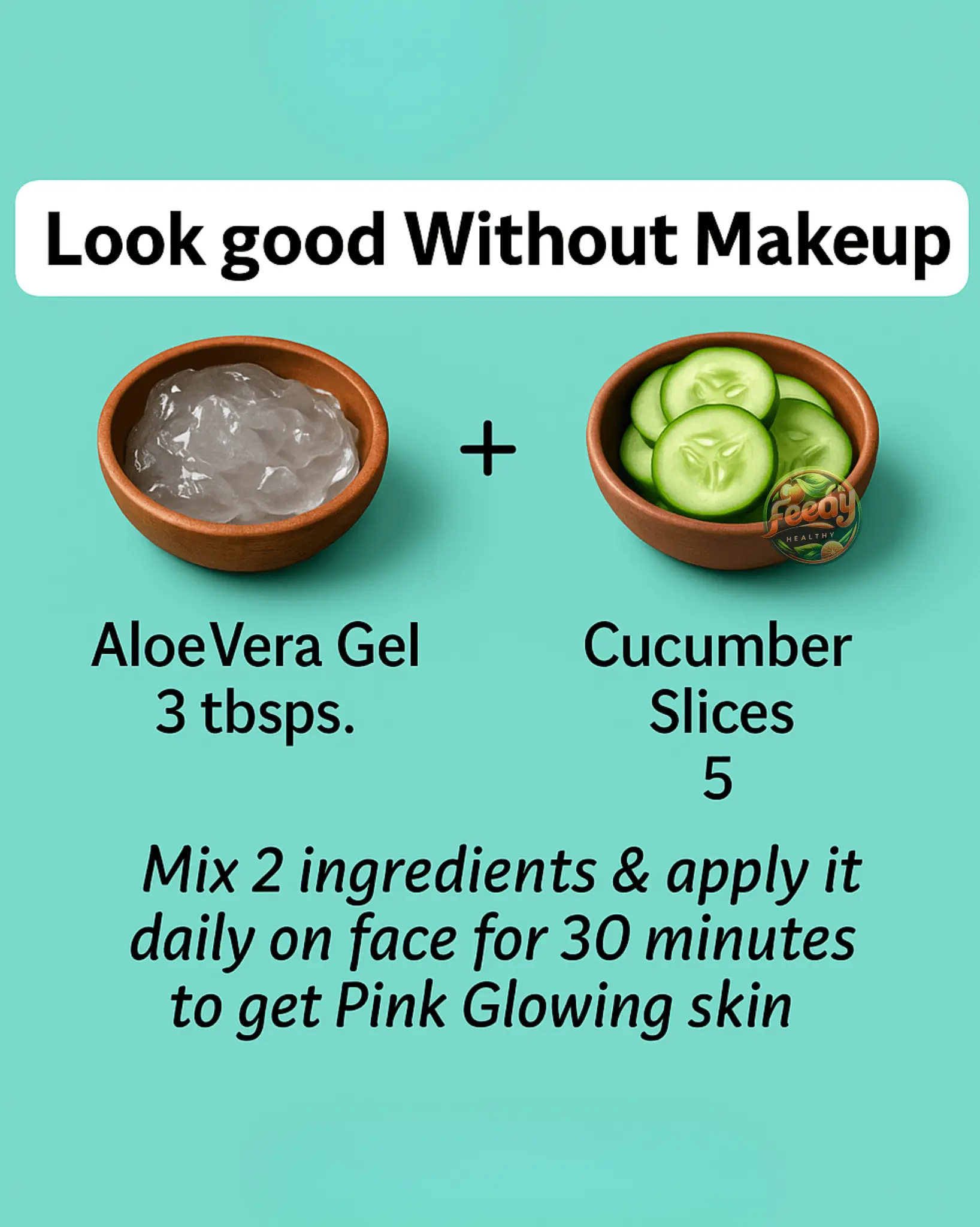
Beetroot Face Gel for Clear Skin – Rosy Cheeks & Pink Blushing Skin

Discover the Power of Miracle Seeds for Heart Health

The Natural Remedy Big Pharma Didn’t Want Dr. Frank Suárez to Reveal — A Powerful Formula for Cancer, Diabetes, High Blood Pressure, Cholesterol, and Heart Attack Prevention

🌿 The Natural Drink That Transformed My Dad’s Life — A Doctor's Recommendation

Ginger: A Natural Secret for Youthful Skin! 🌿✨
